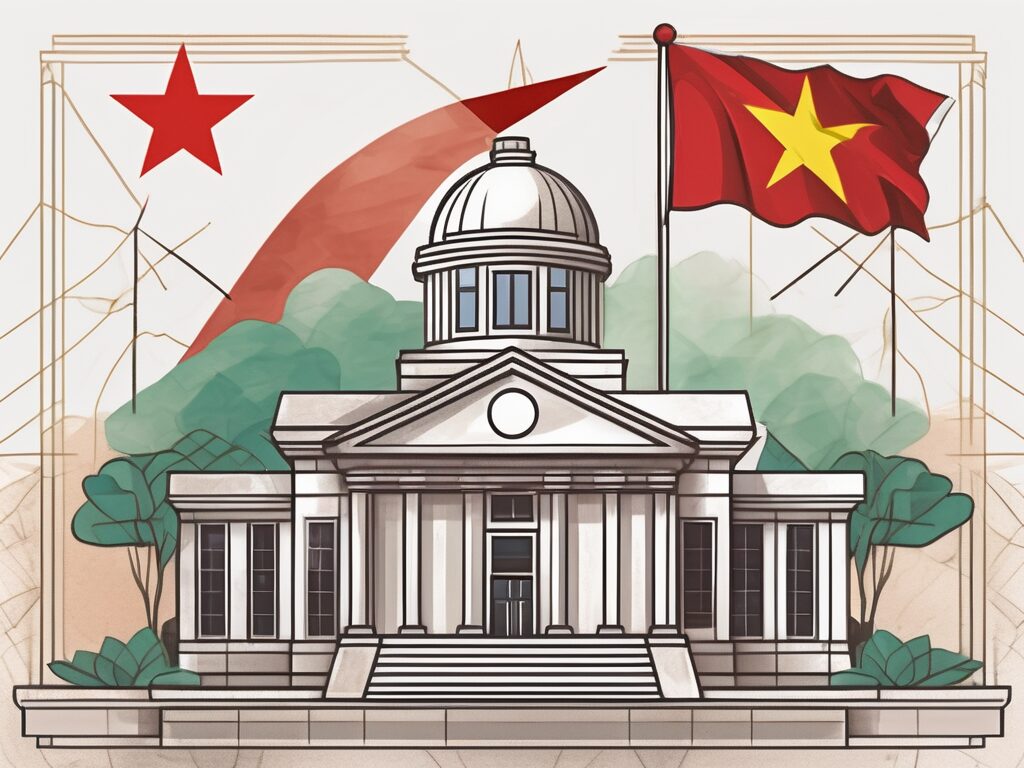The landscape of education in Vietnam has undergone significant changes over the years, largely influenced by government policies. These policies have been instrumental in shaping the education system, from primary schooling to higher education. This article will delve into the various government policies that have had a profound impact on education in Vietnam, and how they have influenced the country’s educational trajectory.
The Doi Moi Policy
The Doi Moi policy, initiated in 1986, marked a turning point in Vietnam’s educational landscape. This policy, which translates to ‘renovation’, aimed at transforming the country’s economy from a centrally planned system to a market-oriented one. This economic shift had a profound impact on the education sector.
One of the key changes brought about by the Doi Moi policy was the decentralisation of the education system. This meant that decision-making powers were transferred from the central government to local authorities. This change allowed for more flexibility and adaptability in the education system, catering to the specific needs of different regions.
Another significant change was the introduction of private schools. Prior to Doi Moi, all schools in Vietnam were public. The introduction of private schools brought about increased competition, which in turn led to improvements in the quality of education.
The Education Law of 2005
The Education Law of 2005 was another landmark policy that had a significant impact on education in Vietnam. This law aimed at ensuring equal access to education for all citizens, regardless of their socio-economic status.
The law introduced a number of measures to promote equality in education. One such measure was the provision of free primary education for all children. This policy has been instrumental in increasing enrolment rates in primary schools across the country.
Another key aspect of the Education Law of 2005 was the emphasis on vocational training. The law recognised the importance of vocational training in providing students with practical skills that are directly applicable in the job market. This focus on vocational training has helped to bridge the gap between education and employment in Vietnam.
The Higher Education Reform Agenda (HERA)
The Higher Education Reform Agenda (HERA), introduced in 2005, aimed at reforming the higher education sector in Vietnam. The agenda recognised the need for higher education institutions to be more autonomous and accountable.
One of the key changes brought about by HERA was the introduction of university rankings. These rankings, based on a set of criteria such as research output and teaching quality, have encouraged universities to strive for excellence.
HERA also introduced a new funding model for higher education institutions. Under this model, funding is allocated based on performance, rather than enrolment numbers. This has encouraged universities to focus on improving the quality of their education, rather than simply increasing the number of students.
Conclusion
Government policies have played a crucial role in shaping the education system in Vietnam. From the Doi Moi policy to the Education Law of 2005 and the Higher Education Reform Agenda, these policies have brought about significant changes in the education landscape.
While there have been notable improvements in the education system, challenges remain. Ensuring equal access to quality education for all citizens, regardless of their socio-economic status, remains a key challenge. However, with continued policy reforms and investments in education, Vietnam is well on its way to achieving its education goals.
Empower Your Educational Career with IPGCE
As Vietnam continues to evolve its educational system through progressive policies, the demand for qualified educators with a comprehensive understanding of global education practices is on the rise. IPGCE is committed to supporting teachers in Vietnam and beyond to meet these demands and overcome the barriers of stringent qualification requirements. By joining the UK’s #1 Teacher Training Course, you can enhance your qualifications, connect with a global professional network, and gain invaluable insights into international curricula. Embrace the opportunity for career progression, increased salary potential, and a flexible study schedule that aligns with your professional commitments. Don’t let inadequate credentials limit your potential. Join the International Postgraduate Certificate in Education (iPGCE) today and become part of the educational transformation in Vietnam and around the world.

